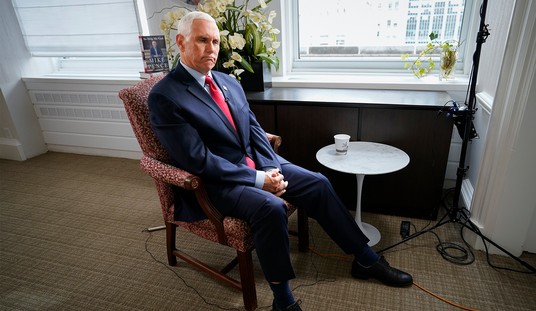Pressure to control the consumption of tobacco has grown in tandem with the pressure to liberalize the consumption of marijuana. Perhaps this is not a paradox in the most literal sense, but it is certainly very striking. The yin of prohibition, it seems, always goes along with the yang of permission.
An article in a recent edition of the New England Journal of Medicine discusses the forthcoming tussle between what it calls Big Marijuana – the commercial interests, analogous to Big Tobacco, that will inevitably grow if marijuana ever becomes as accepted as tobacco once was – and the public health authorities. For while the smoking of marijuana does not yet cause anything like as many health problems as tobacco or alcohol, it would do so if its use were as general as the use of tobacco or alcohol. A little statistic that was published some time ago in the Lancet caught my eye: the French police attribute 3 percent of fatal road accidents to intoxication with cannabis and 30 percent to intoxication with alcohol. If, as seems likely, ten times as many Frenchmen drive drunk as drive stoned, marijuana is as dangerous as alcohol where driving is concerned.
The authors of the article point out that commercial growers and marketers of marijuana are likely, given the chance, to resort to all the techniques and obfuscations employed by the tobacco companies. They will minimize the harms done by marijuana while trying to increase the concentration of the very substance in their product that does the harm. The concentration of tetrahydrocannabinol (THC) in modern cannabis plants is already much higher than it was when hippiedom first struck the western world; Uruguay, where the cultivation and sale of cannabis has recently been legalized, is attempting to control the strains of cannabis that can be sold, with what success remains to be seen.
The article is fair-minded:
Arguments in favour include protection of individual rights [to decide what to do], elimination of criminal sentencing for minor offenses, collection of tax revenue, and elimination of the black market. Counterarguments include the possible escalation of use, adverse mental and physical health effects, and potential medical and social costs.
The evidence suggests that cannabis is particularly harmful to the young, but attempts to control its use by them (as well as to control the THC content of what is sold) might lead to the re-establishment of a black market, which it was precisely one of the objects of legalization to eliminate.
Two other considerations strike me.
Libertarian arguments for legalization are well and good if – and this is a very big if – the consequences of a person’s choices are borne by him and not transferred to others. In practice this will be difficult to ensure. Just as the banks succeeded in privatizing their profits but mutualizing their debts, so people want to privatize their choices but mutualize the consequences of their choices: this is human nature, no doubt, and is inevitable in human society, but at some point it becomes unviable.
Second, it is not difficult to envisage another lawyers’ bonanza in the years to come, especially if the commercialization of cannabis becomes big business. That business will be accused of having duped the poor consumer, who will then claim never to have known the risks involved, especially because the business tried dishonestly to conceal them. The fact that they were nevertheless generally known will be deemed irrelevant by the corrupt tort system: and thus the profits of the marijuana industry will be transferred from its shareholders to the litigation lawyers, as has happened to a large extent in the case of tobacco.
****
images via shutterstock / sarra22 / Photographee.eu / Stanimir G.Stoev / rj lerich













Join the conversation as a VIP Member